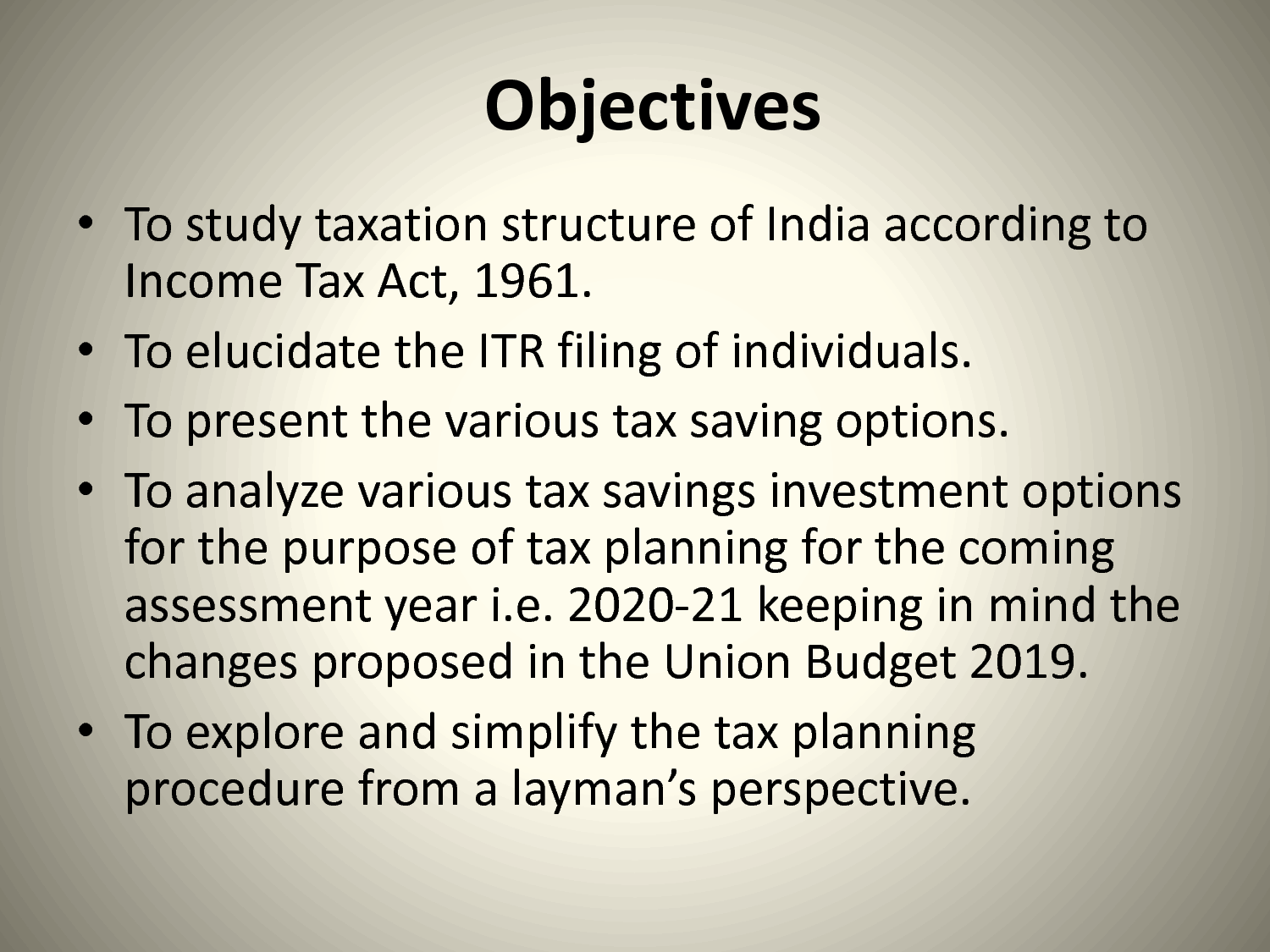Home>Finance>Dynasty Trust: Definition, Purposes, How It Works, And Tax Rules


Finance
Dynasty Trust: Definition, Purposes, How It Works, And Tax Rules
Published: November 15, 2023
Learn about the definition, purposes, and tax rules of a Dynasty Trust in finance. Discover how this trust works and its benefits for long-term wealth planning.
(Many of the links in this article redirect to a specific reviewed product. Your purchase of these products through affiliate links helps to generate commission for LiveWell, at no extra cost. Learn more)
Dynasty Trust: Definition, Purposes, How It Works, and Tax Rules
In the world of finance, one concept that has gained significant attention in recent years is the Dynasty Trust. If you are wondering what this trust is all about, how it works, and what tax rules apply, you’ve come to the right place. In this blog post, we will dive deep into the definition, purposes, inner workings, and tax implications of a Dynasty Trust. So, let’s get started!
Key Takeaways:
- A Dynasty Trust is a long-term, multi-generational trust designed to preserve wealth and provide for future generations.
- One of the key purposes of a Dynasty Trust is to minimize estate taxes and protect assets from creditors.
What is a Dynasty Trust?
A Dynasty Trust is a type of irrevocable trust that is structured to last for multiple generations, typically in perpetuity. It is specifically designed to preserve wealth, protect assets, and provide for the financial security of the grantor’s descendants. By preventing the trust assets from being subject to estate taxes with each passing generation, a Dynasty Trust maximizes the potential growth and longevity of the family’s wealth.
The Purposes of a Dynasty Trust
There are several purposes behind establishing a Dynasty Trust:
- Wealth Preservation: The primary goal of a Dynasty Trust is to preserve the family’s wealth for future generations. By keeping the assets within the trust, they can be passed down to beneficiaries without being subject to estate taxes, providing a solid financial foundation for years to come.
- Asset Protection: Another significant advantage of a Dynasty Trust is that it shields the trust assets from potential creditors. By placing the assets in an irrevocable trust, they are no longer considered the property of the grantor, making them more difficult for creditors to access in the event of financial or legal issues.
- Controlling Wealth Distribution: With a Dynasty Trust, the grantor can dictate how and when the trust’s assets will be distributed to beneficiaries. This ensures that the assets are distributed according to the grantor’s wishes, taking into consideration factors such as age, milestone achievements, or specific life events.
- Protecting Special Needs Beneficiaries: A Dynasty Trust can offer a layer of protection for beneficiaries with special needs. By managing the distribution of funds, it ensures that they are used appropriately to meet the specific needs of the beneficiaries, such as medical care, education, or living expenses.
How does a Dynasty Trust Work?
When setting up a Dynasty Trust, the grantor transfers assets, such as real estate, cash, investments, or business interests, into the trust. The grantor names beneficiaries who will receive the trust’s assets at a future date or based on specified conditions. The trust is managed by a trustee, who can be an individual or a professional entity, responsible for overseeing the trust’s administration and carrying out the grantor’s wishes as outlined in the trust document.
One key feature of a Dynasty Trust is the inclusion of a “generation-skipping transfer” provision. This provision allows the trust assets to bypass taxation in each generation, thus maximizing the potential growth and longevity of the family’s wealth. By skipping a generation, the trust assets can continue to provide financial security for multiple generations, ensuring the grantor’s legacy lives on.
Tax Rules and Implications
While Dynasty Trusts offer significant advantages in terms of wealth preservation and asset protection, it is crucial to understand the tax rules and implications associated with them. Here are a few key points to consider:
- Estate Tax Planning: By placing assets in a Dynasty Trust, the grantor can remove them from their taxable estate, potentially reducing or eliminating estate taxes that would be incurred upon their death.
- Generation-Skipping Transfer Tax: Generation-skipping transfer tax (GST) is a tax imposed on transfers made to beneficiaries who are more than one generation below the grantor. The GST tax rate varies, and it is essential to consult with a tax professional to ensure compliance.
- Gift Tax: Transferring assets to a Dynasty Trust may trigger gift tax implications, as the grantor is essentially making a gift to the trust. Understanding the gift tax rules and exemptions is crucial to avoid unnecessary tax liabilities.
- State-Specific Rules: It is important to note that each state may have its own specific trust laws and tax rules. Consulting with an experienced estate planning attorney or tax professional can help navigate these complexities and ensure compliance.
Before establishing a Dynasty Trust, it is crucial to consult with qualified professionals who specialize in estate planning and tax law. They can provide personalized guidance and help structure the trust to align with your financial goals, needs, and circumstances.
Conclusion
A Dynasty Trust is a powerful vehicle for preserving wealth and securing the financial future of multiple generations. By utilizing this long-term, multi-generational trust, families can minimize estate taxes, protect assets, control wealth distribution, and provide for the unique needs of their beneficiaries. Understanding the definition, purposes, inner workings, and tax rules surrounding Dynasty Trusts is crucial to leveraging their benefits effectively. So, if long-lasting wealth preservation is a priority, exploring the potential of a Dynasty Trust may be a prudent financial decision.














